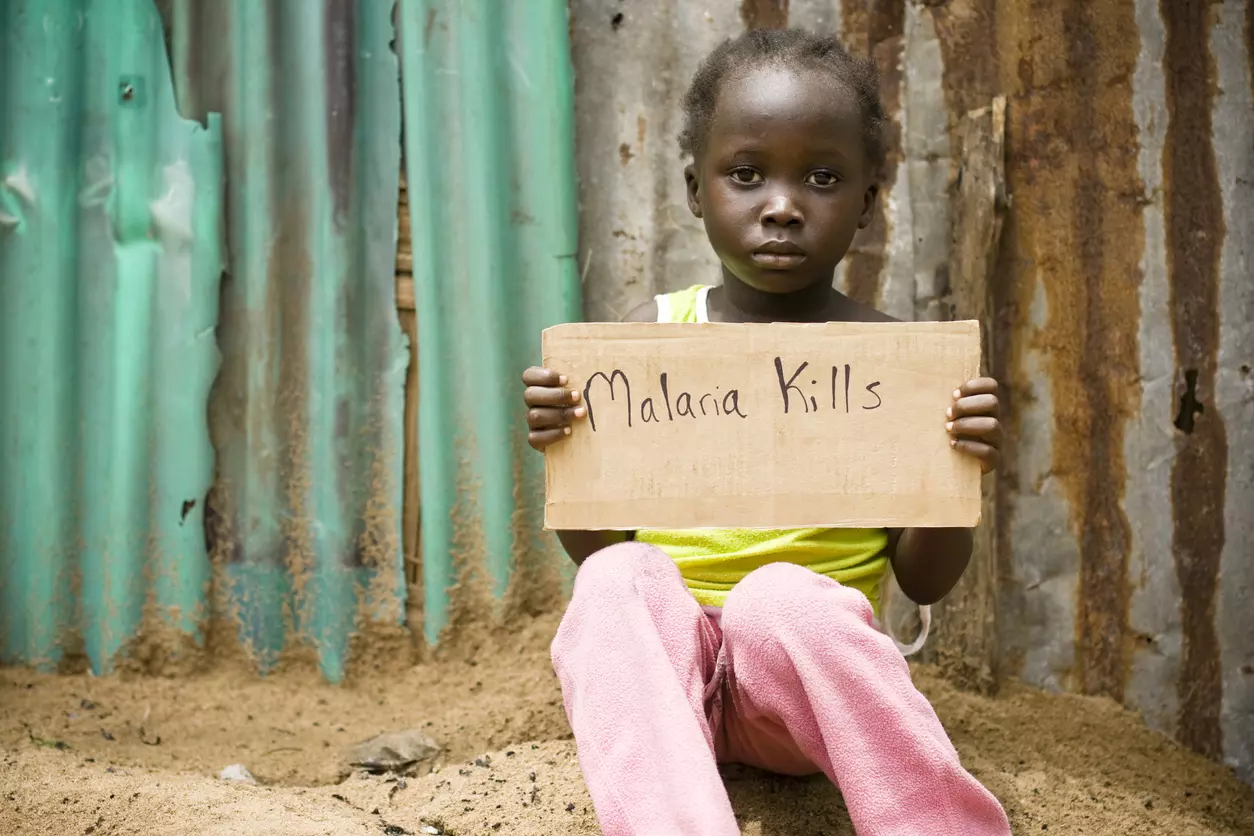
Serum Institute to produce second malaria vaccine to get WHO nod
Vaccine currently licensed for use in Ghana, Nigeria, Burkina Faso; SII has already established production capacity for 100 million doses per annum

The World Health Organisation (WHO) has approved a malaria vaccine jointly developed by the Serum Institute of India (SII) and the University of Oxford, paving the way for the global roll-out of the world’s second such vaccine, SII has said.
The recommendation is based on pre-clinical and clinical trial data, which showed good safety and high efficacy in four countries, at sites with both seasonal and perennial malaria transmission, making it the world’s second-ever WHO-recommended vaccine for preventing malaria in children, SII said in a statement on Monday (October 2).
The R21/Matrix-M malaria vaccine developed by the Oxford University and the SII, leveraging Novavax’s adjuvant technology, has been recommended for use by the WHO. The vaccine is licensed to the Pune-based SII and the company has already established production capacity for 100 million doses per annum, which will be doubled over the next two years, it added.
“Huge milestone”
“For far too long, malaria has threatened the lives of billions of people across the globe, disproportionately affecting the most vulnerable amongst us,” SII CEO Adar Poonawalla noted. This is why the WHO recommendation and approval of the vaccine marks a huge milestone in fighting Malaria, he added.
With the approval and recommendations by the WHO, additional regulatory approvals are expected to follow shortly and R21/Matrix-M vaccine doses could be ready to begin wider roll-out as early as next year, SII stated.
Currently, the vaccine has been licensed for use in Ghana, Nigeria, and Burkina Faso.
The vaccine was developed by the Jenner Institute at Oxford University and SII with support from the European and Developing Countries Clinical Trials Partnership (EDCTP), the Wellcome Trust, and the European Investment Bank (EIB).
(With agency inputs)

